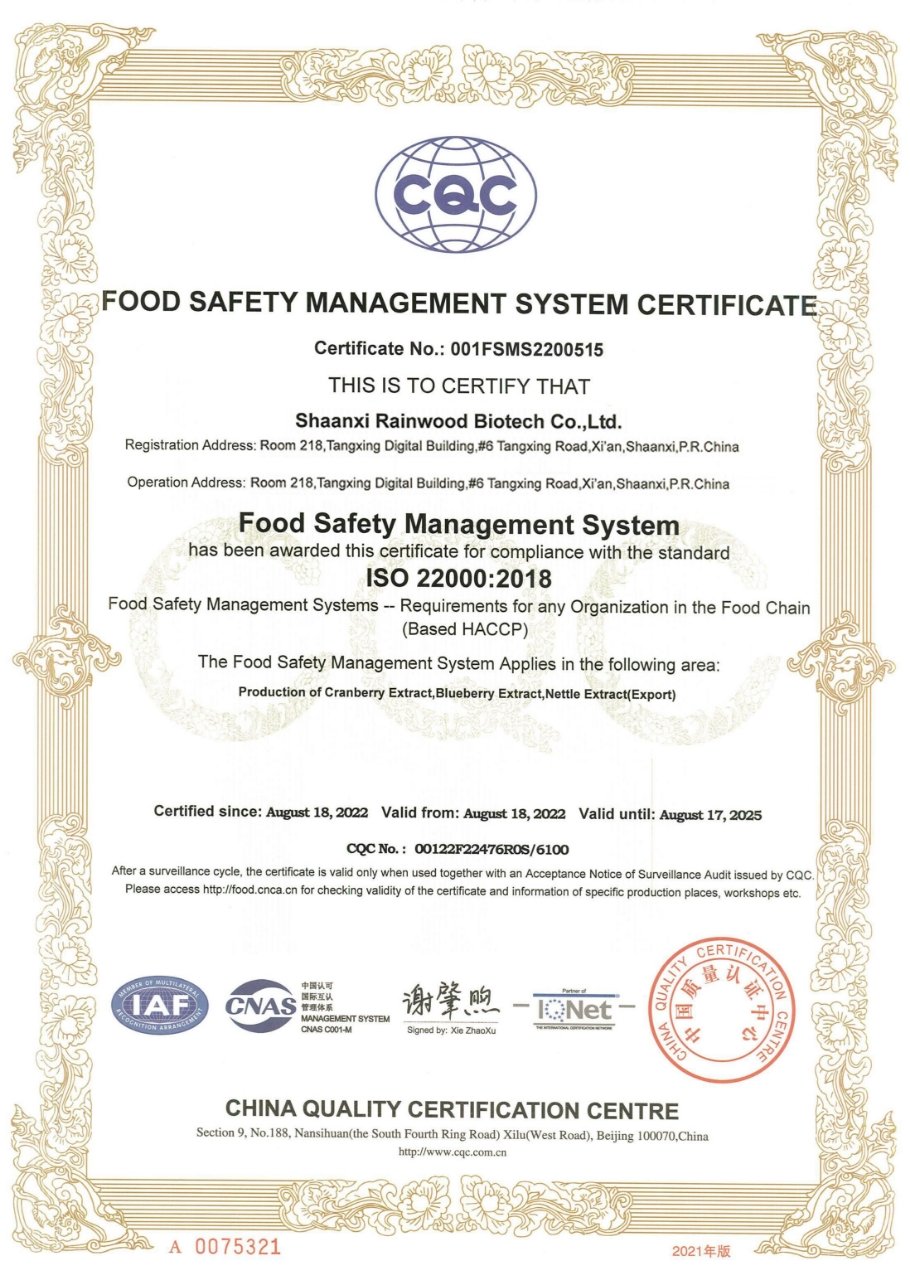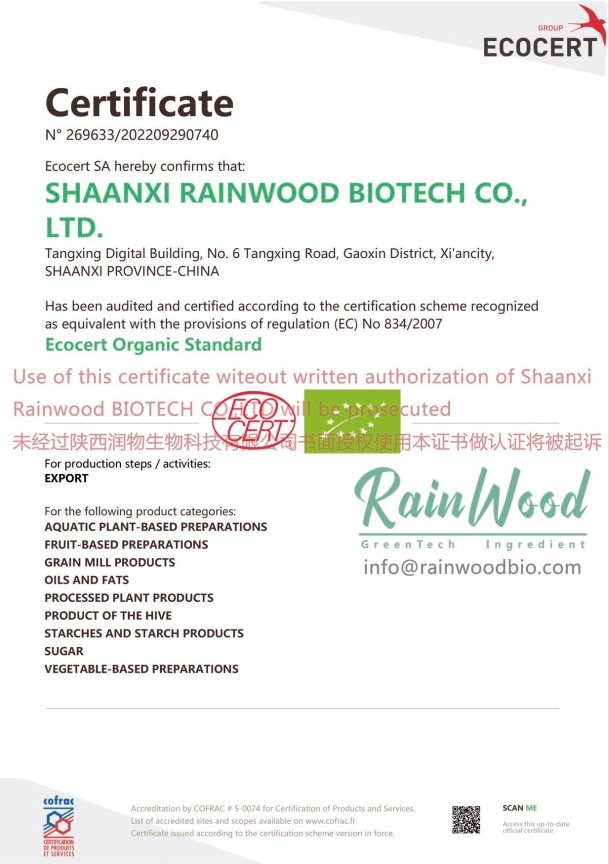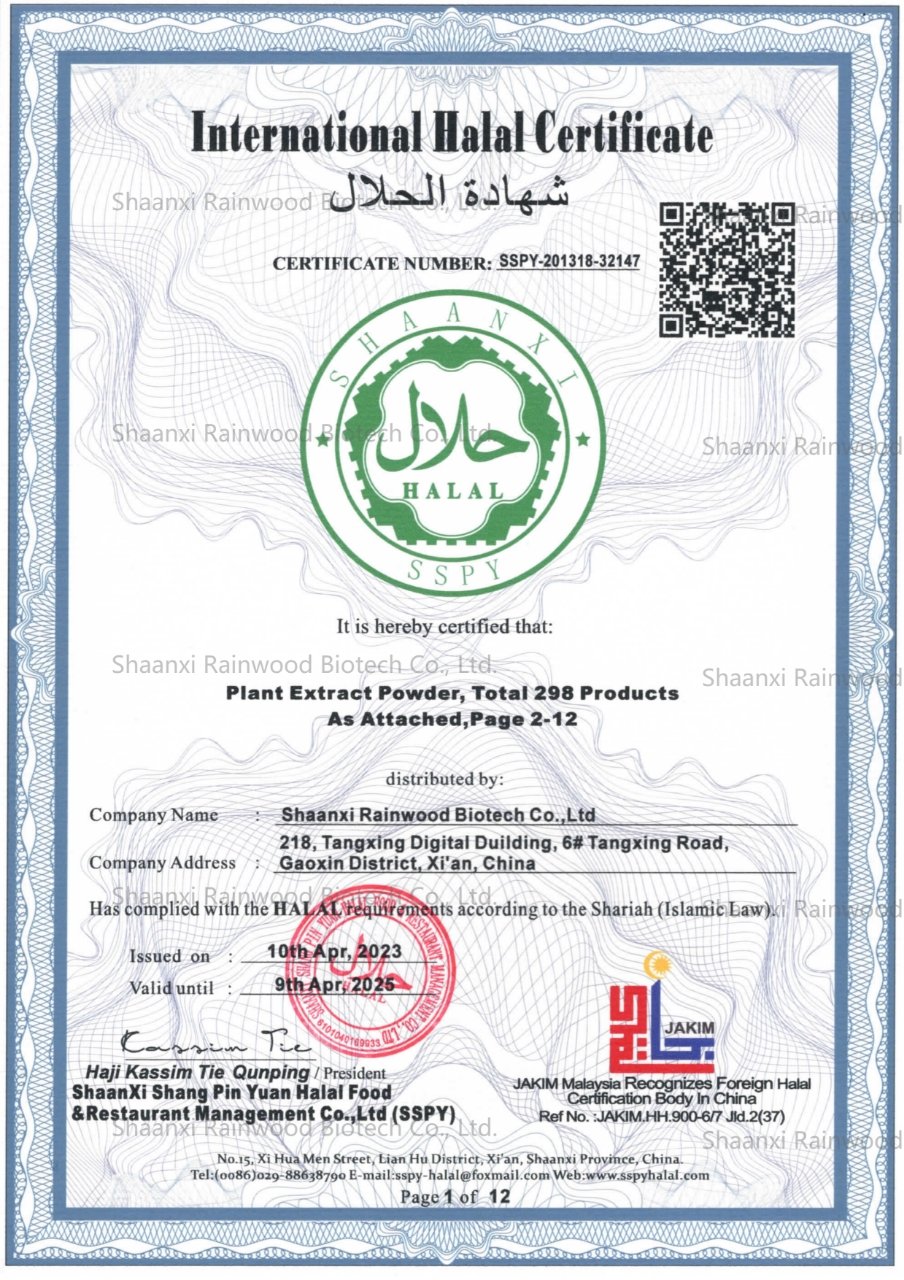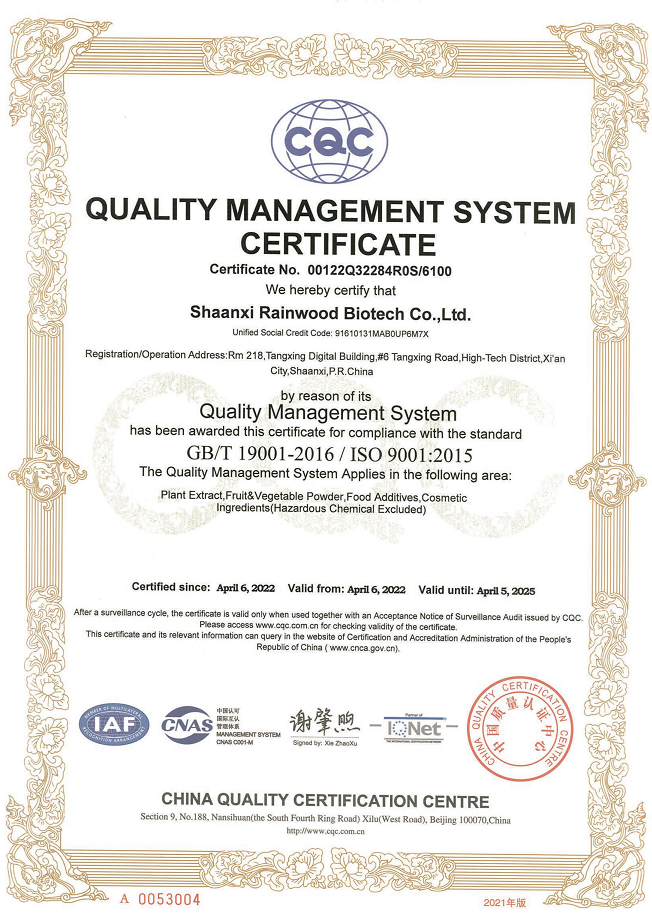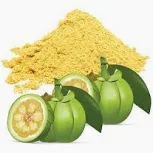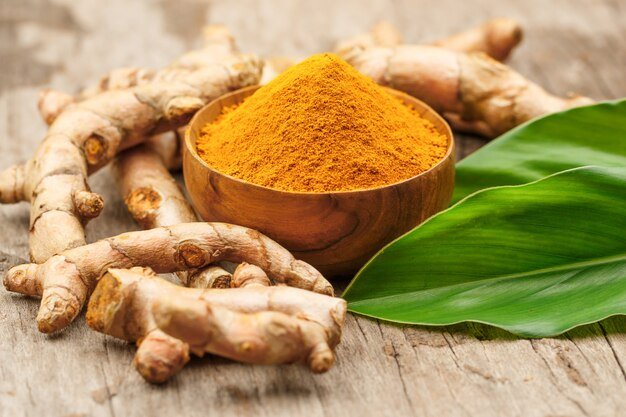Introduction: Botanical extracts, derived from plants through a meticulous process of extraction and separation, offer a treasure trove of benefits for various applications. Whether addressing skin concerns, enhancing dietary supplements, or contributing to agricultural inputs, botanical extracts play a pivotal role in diverse industries. This article delves into the nuances of botanical extracts, their types, applications, and the processes involved in their creation.
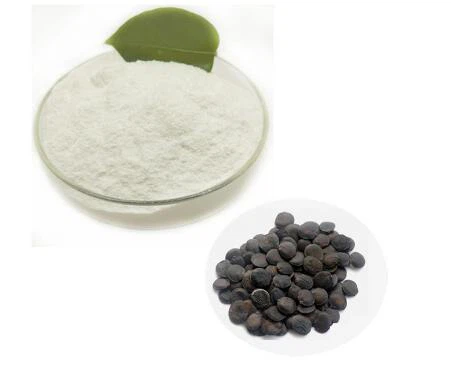
Defining Botanical Extracts: Botanical extracts are products crafted from plants as raw materials. Through extraction and separation processes, one or more components are obtained or concentrated without altering the original plant components significantly. These extracts are often transformed into powders or granules, incorporating excipients for fluidity and moisture resistance. Some extracts may also exist in liquid or oily forms.
Types of Botanical Extracts: The classification of plant extracts is based on various factors:
- Purification Purity: Proportional extract, standardized extract, purified extract.
- Extraction Solvent: Water extract, ethanol extract, and other solvent extracts.
- Physical Form: Powder extract, liquid extract, paste extract.
Herbal Extracts – Nature’s Therapeutic Bounty: Herbal extracts, a subset of botanical extracts, involve extracting chemical compounds from herbs, emphasizing their therapeutic properties. Tinctures, absolutes, and powders are common forms of herbal extracts. Ayurveda and homeopathy have long embraced standardized herbal extracts for their health-promoting benefits.
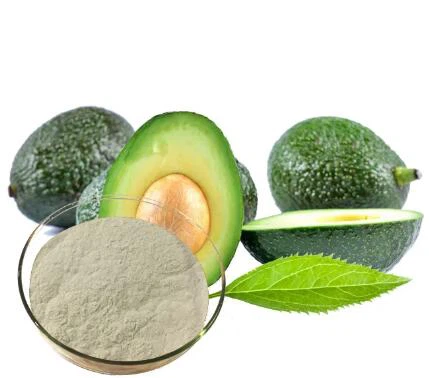
Applications of Herbal Extracts:
- Reduced Risk of Side Effects: Herbal extracts provide an excellent option for individuals allergic to components in prescription medications, offering robust health benefits with fewer side effects.
- Relief from Symptoms: Some herbal extracts boost immunity and alleviate symptoms, particularly effective in addressing allergies.
- Affordability and Accessibility: Herbal extracts are cost-effective and readily available over-the-counter, making them a practical choice for various health concerns.
- Treatment of Chronic Conditions: Certain herbal extracts, like white pepper and fenugreek, are recommended for conditions such as infertility.
- Potency and Absorbability: Phytochemicals in herbal extracts are potent and highly absorbable, providing efficient health benefits.
Plant Crude Extracts – Unveiling Nature’s Pharmaceuticals: Plant crude extracts are derived by extracting active components from natural materials using solvents. Various methods, such as maceration, decoction, and percolation, are employed in the extraction process, resulting in extracts used in pharmaceuticals.
Botanical Extract Applications Across Industries:
- Health Food (Dietary Supplements): Plant extracts enrich health food, incorporating diverse raw materials like pepper, grape seed, turmeric, and ginseng for holistic well-being.
- Food and Food Additives: Botanical extracts contribute to food raw materials and additives, enhancing flavors, colors, and nutritional content.
- Medicine: Traditional Chinese medicine formula granules, active ingredients extracted from medicinal herbs, and standardized Chinese medicine extracts find applications in pharmaceuticals.
- Cosmetics: Herbal extracts, including aloe, grape, and ginseng extracts, enrich cosmetic formulations, promoting skin health and vitality.
- Agricultural Inputs: Plant-based agricultural inputs, such as botanical pesticides, veterinary drugs, and feed additives, contribute to sustainable and natural farming practices.
- Industrial and Miscellaneous Uses: Botanical extracts find innovative applications in industrial production, as seen in the development of high-temperature resistant food packaging materials and biodegradable polyurethane foam.
Botanical Extract Company: For businesses seeking botanical extracts, reliable suppliers play a crucial role. To obtain accurate pricing quotes, businesses are required to provide essential details like business name, address, phone number, and website URL. Indicating the specific items and volume needed ensures a tailored and precise quotation, considering a minimum order quantity of 1kg per species.

In conclusion, botanical extracts represent nature’s potent contributions to various industries, offering a spectrum of health, beauty, and functional benefits. The careful extraction and application of these extracts showcase the seamless integration of traditional wisdom and modern innovation.








